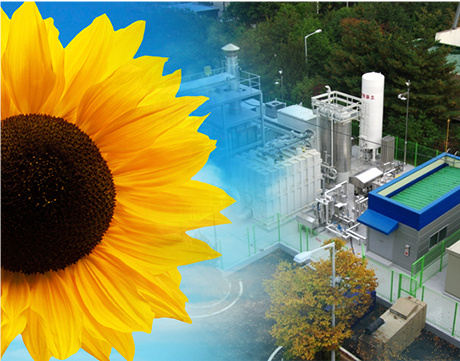Essential Skills for Plant Engineers
Essential Skills for Plant Engineers


Being a plant engineer can require people skills, problem solving, and the willingness to sometimes get over theless glamorous aspects of engineering. For Mike Cramer, lead plant engineer at FuelCell Energy, Danbury, CT, it comes down to efficiency. Working much more on the operations side, he focuses heavily on final assembly and conditioning. He finds an apt comparison is looking at fuel cells like batteries. “If short one battery, the whole series of batteries won’t work,” he says.
“My role is first maintaining production and keeping it to the schedule. First, quality and above that, safety,” he says. The main goal is to come up with ways to make production easier so that it can aid safety ergonomics, cost reduction, and cycle time.
And the problem solving? Try having to move 110,000 pounds. In this case, it comes down to utilizing air pallets, a type of load-moving equipmentthat usescompressed air in order to make it possible. Only needing four people for the move is the target here. This, he reminds, also has a clear effect on cost reduction. “It could be in saving the time of everyone leaving their job for five to ten minutes for movement,” he says.
They also have to drive the air pallet onto the stacking fixture. It’s about five feet square, thousands of pounds and needs to be placed within 15,000th of an inch. It could take 20 minutes or even four hours when you consider the tiny room for error in backing up the trailer.
Analytical Ability
The challenge, regardless of the goal, is to live up to their joke of how the workers want the task to seem—nice and boring. And often they achieve this, allowing the team to focus on supplier questions or track quality issues. It’s about understanding better what to spend time on and what is waste.
While Cramer finds the analytical ability comes naturally to some, for others, “I see engineers believing they find a problem and they will come up with a solution right away without understanding the root cause.” In other words, he says good luck with that.
When he started, it was one stack accomplished a year. Cramer believes his patience has helped him be a part of what is now 200, annually. But there are other improvements to come as he thinks LEED manufacturing programs will grow, lowering cycle time for materials entering and leaving the plant as finished goods, along with finding the balance between high quality and efficiency.
Path to Plant
The best path to plant engineer? “Have strong experience with how machines work and how to design them to get a nice mix of the theoretical and the practical,” he says. Students should also look for projects in school where they have to learn how to work with different people in cross functional teams—and not just engineers. since it won’t be that way once they enter the profession, he says.
Beyond technical skill, have a willingness to find out how the business runs, don't just have tunnel vision towards your job.
And maybe, just maybe, be prepared to move some massive weight.
Eric Butterman is an independent writer.
Have strong experience with how machines work and how to design them to get a nice mix of the theoretical and the practical.Mike Cramer, FuelCell Energy







